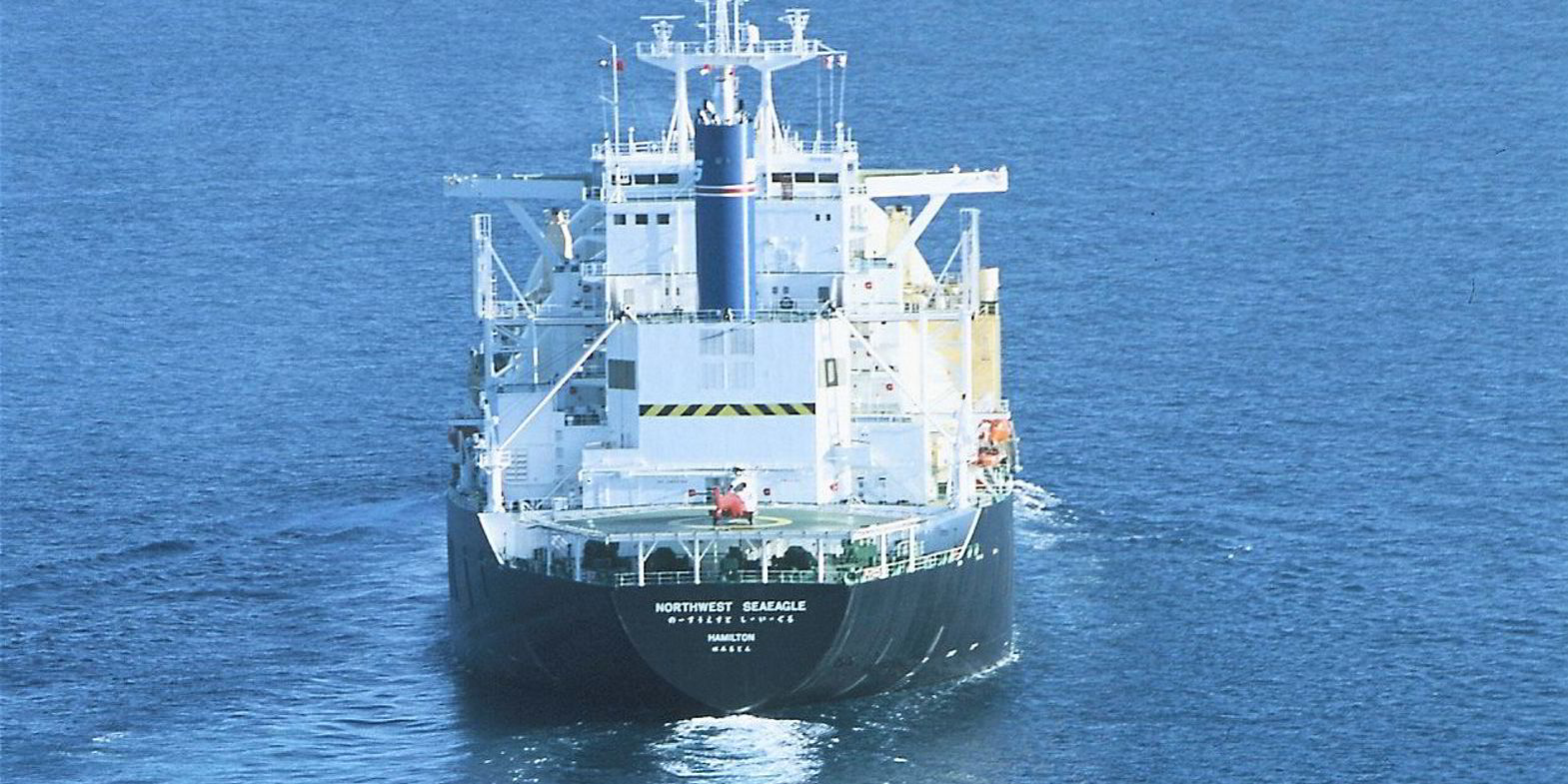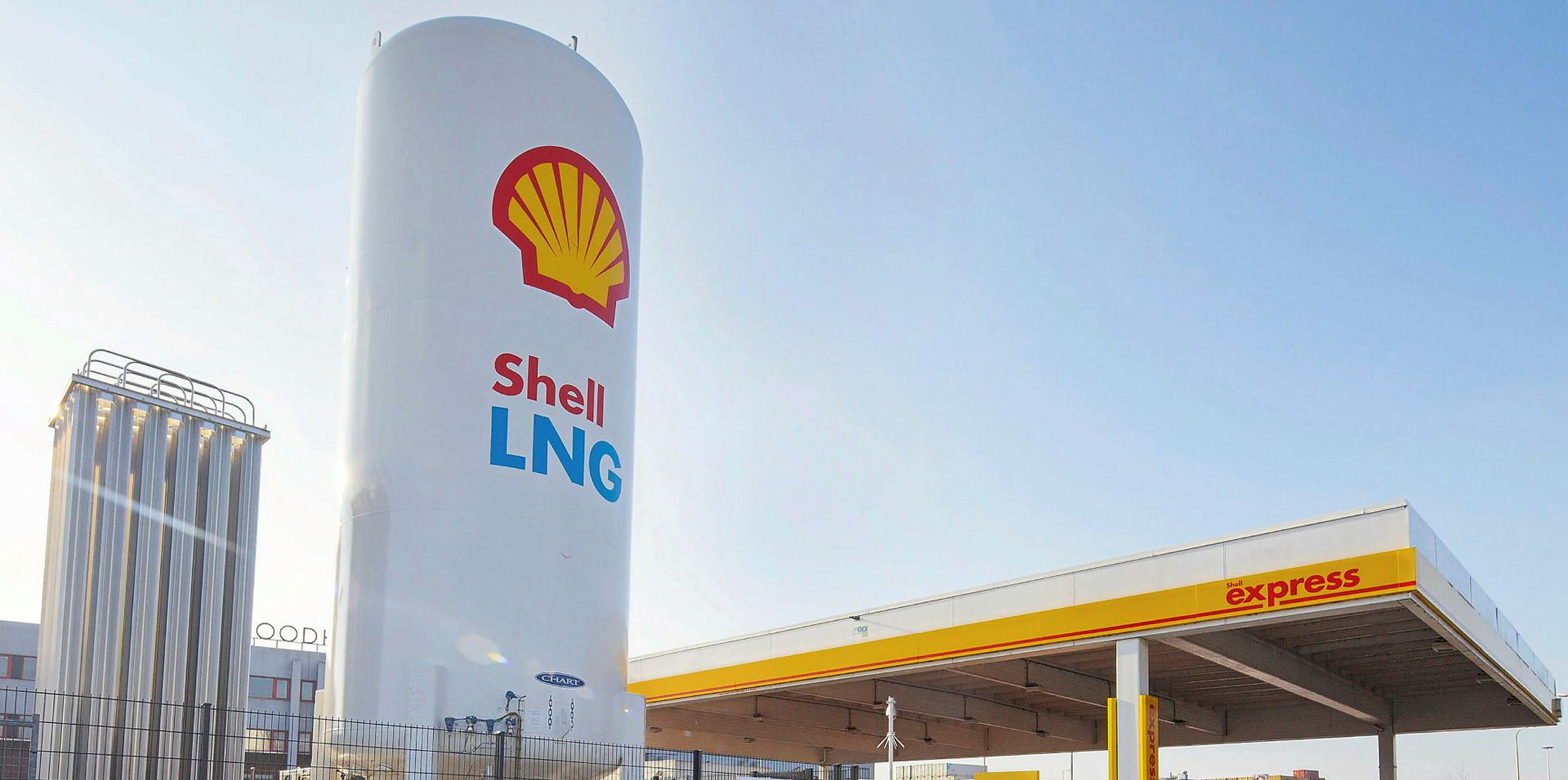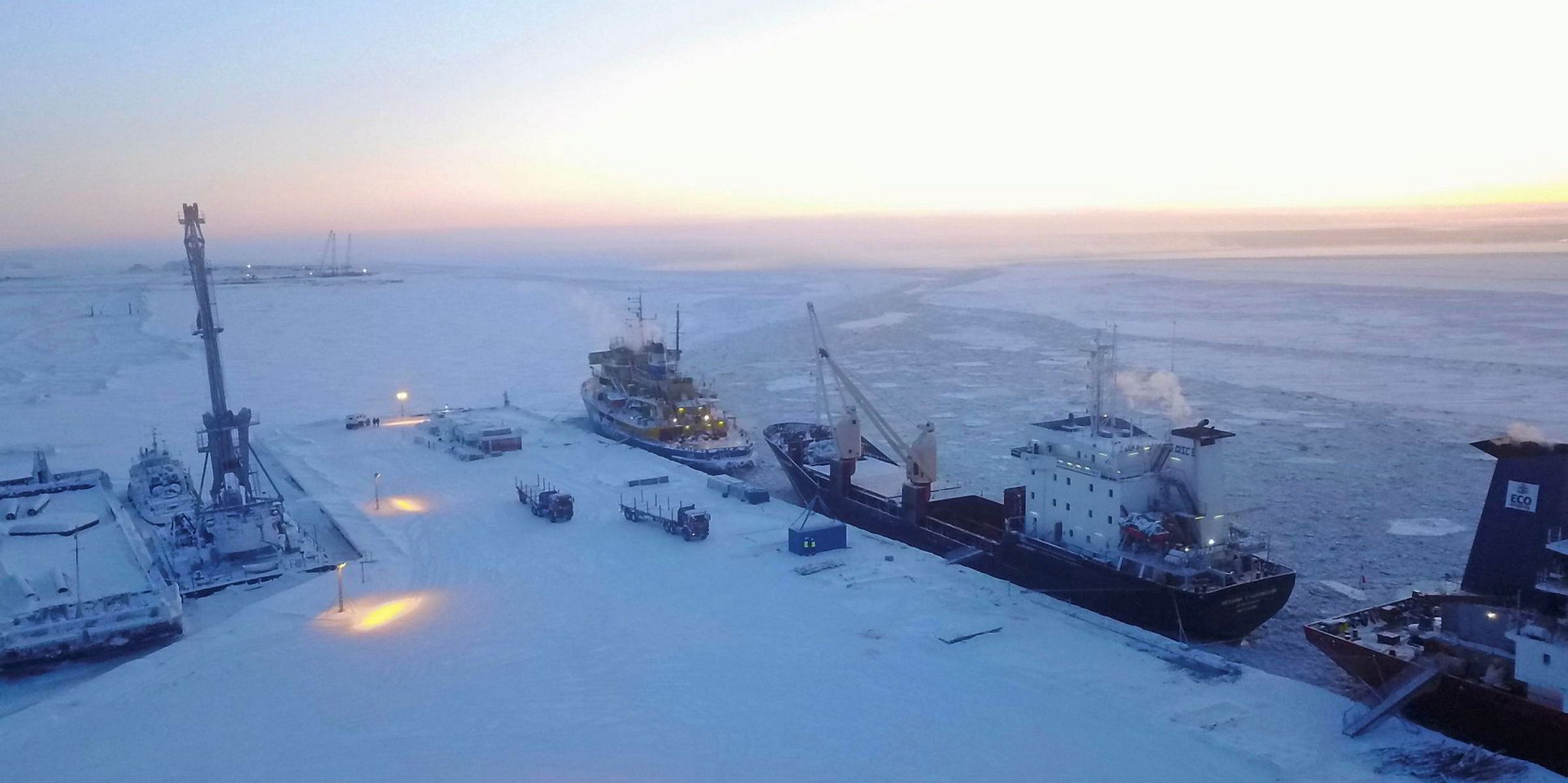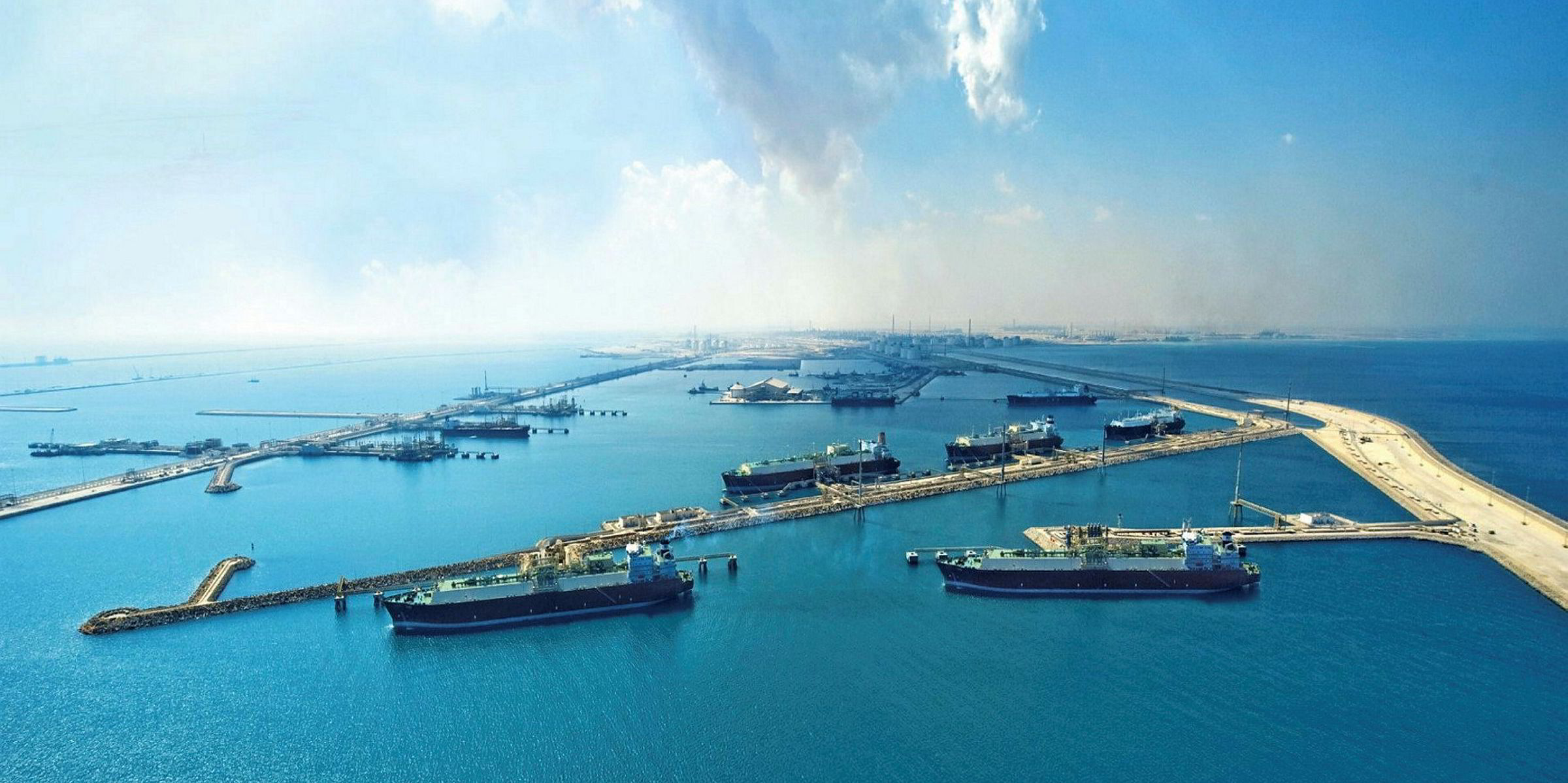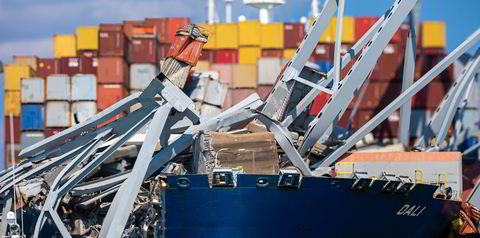Spot charter rates for LNG carriers dropped lower this week as the coronavirus market fallout continued to dampen and disrupt demand.
Daily rates for 174,000-cbm, gas-injection LNG carriers were down almost 10% week-on-week at levels in the low-to-mid $50,000 range, while tri-fuel diesel-electric ships were pegged at around the $40,000 mark.
Brokers said market conditions could spell further falls, but one indicated that rates are reaching a level where shipowners may now opt to idle their vessels rather than trade them.
Talk spread on Tuesday about a major Chinese charterer refusing to allow an LNG cargo to be offloaded in China, although details have yet to emerge.
Cancelled cargoes
Last week, Spain’s Naturgy cancelled two LNG cargoes, and other China-bound shipments have been diverted or are seeking new buyers.
Shipowners and brokers said floating storage of cargoes is not occurring.
One owner pointed out that the market is moving into the second quarter, where demand is traditionally lower on warmer temperatures and plant maintenance periods kick in.
But ship data analyst Kjell Eikland, who founded Energy Perspectives intelligence system iGIS/LNG, said that while there is no “formal” floating storage, ships are now “meandering, speculatively changing destinations and piling up off import terminals”.
"The loading potential of inbound ships to liquefaction plants remains very high," Eikland told TradeWinds. “At the same time, the end of the LNG gas year in Asia is 31 March, and many buyers now do their best to satisfy minimum annual take obligations.
"The question is, if the current situation persists, if a larger liquefaction plant turndown will take place on or before 1 April," he said, adding that day rates for vessels could go "anywhere" based on what LNG cargo and capacity holders decide to do.
One LNG shipowner spoke about the feeling of "everything slowing down”.
He said LNG cargoes are continuing to move but at the lowest levels possible under existing sales and purchase agreements, with producers “cranking back” output.
The owner said LNG demand was running into headwinds before the virus hit, due to a milder winter in the usual importing nations and high inventories.
He added that economies are slowing down even more than they would have done in already challenging circumstances.
“It’s weighing on the market for sure,” the shipowner said.
